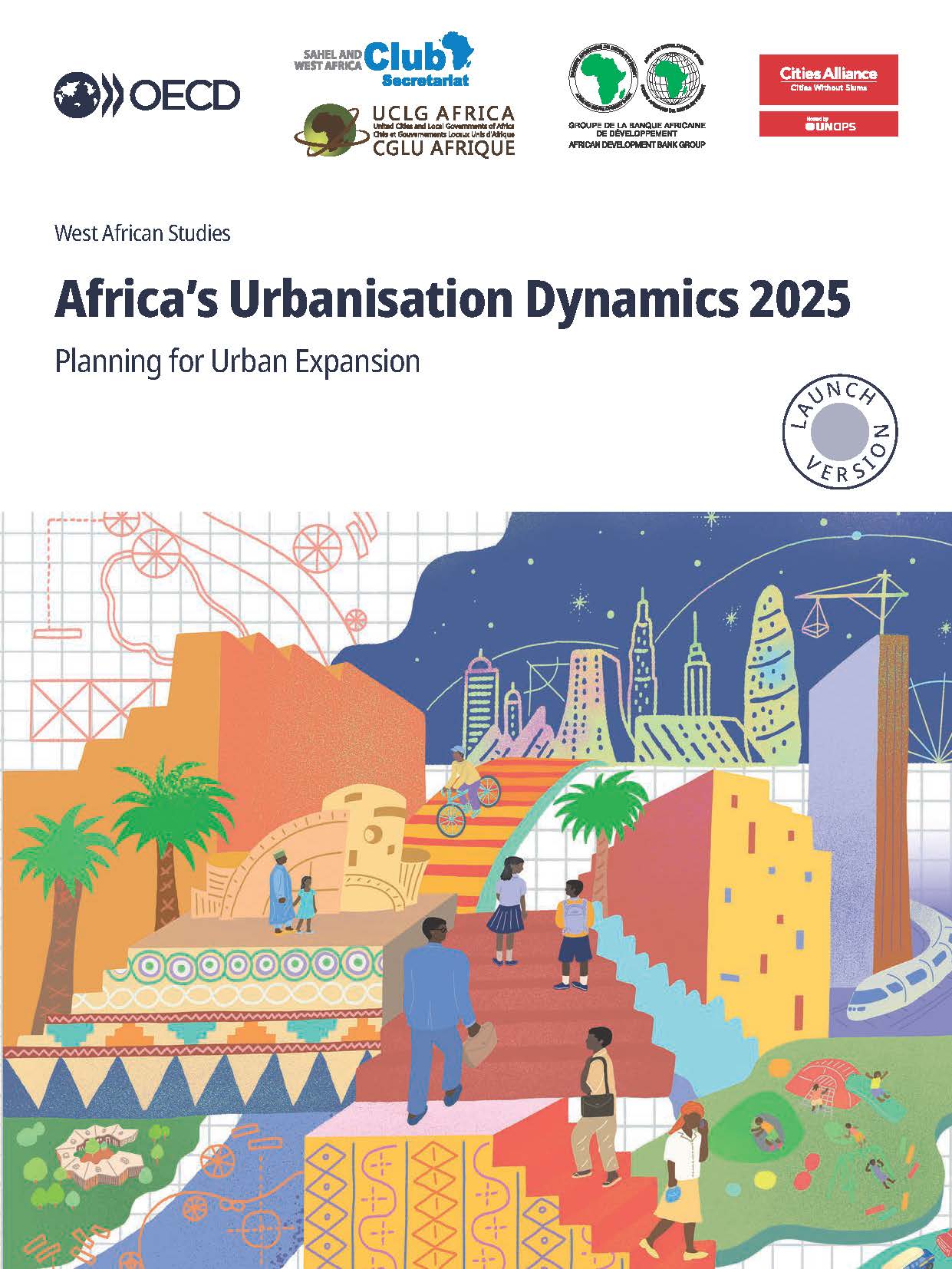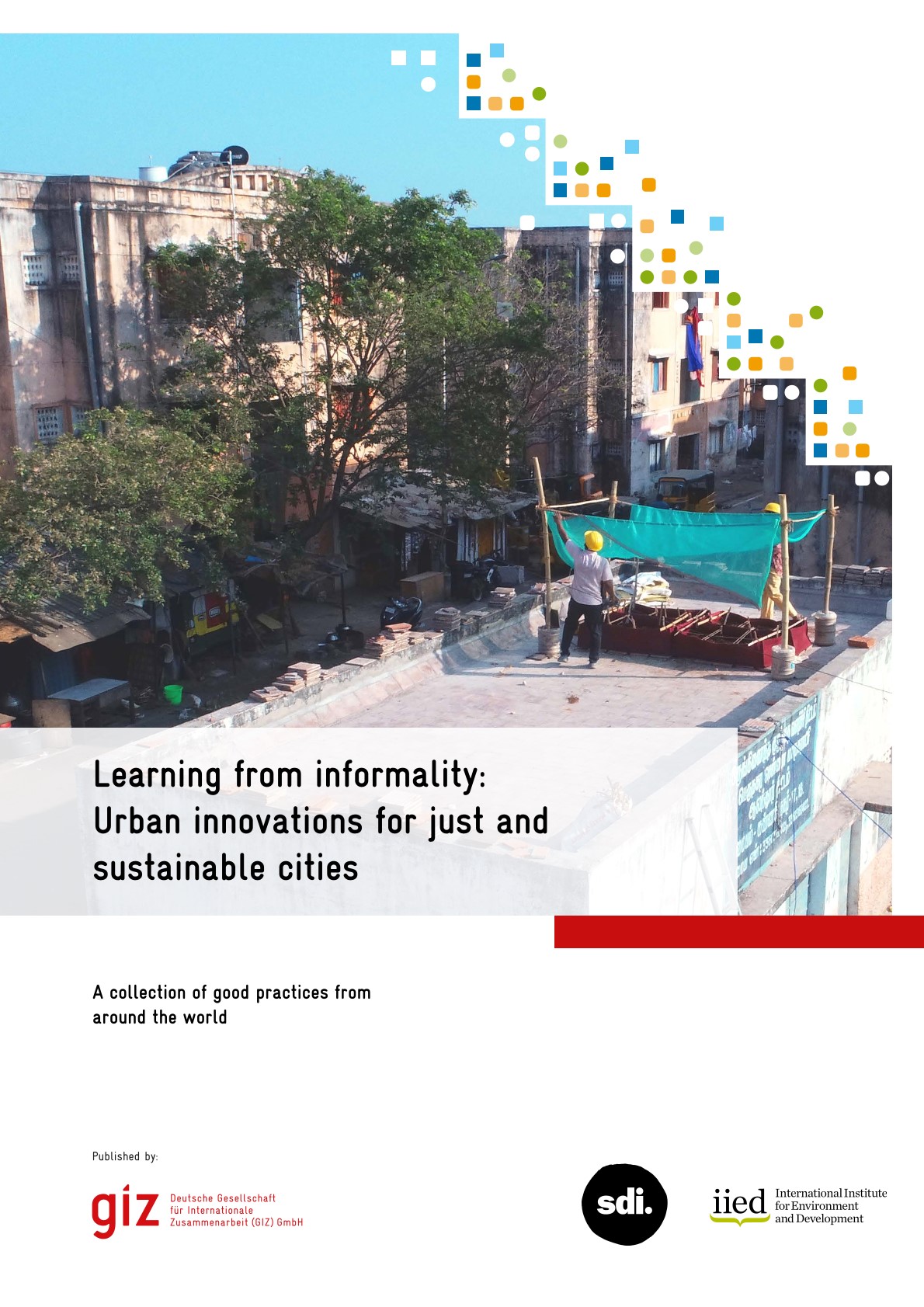- Who We Are
- How We Work
- Regional / Country Initiatives
- Legacy
- Core Themes
- Working Groups
- Portfolio & Results
- Newsroom
- Resources
Women and Water Governance: Insights from Tunisia, Mauritania, and Morocco
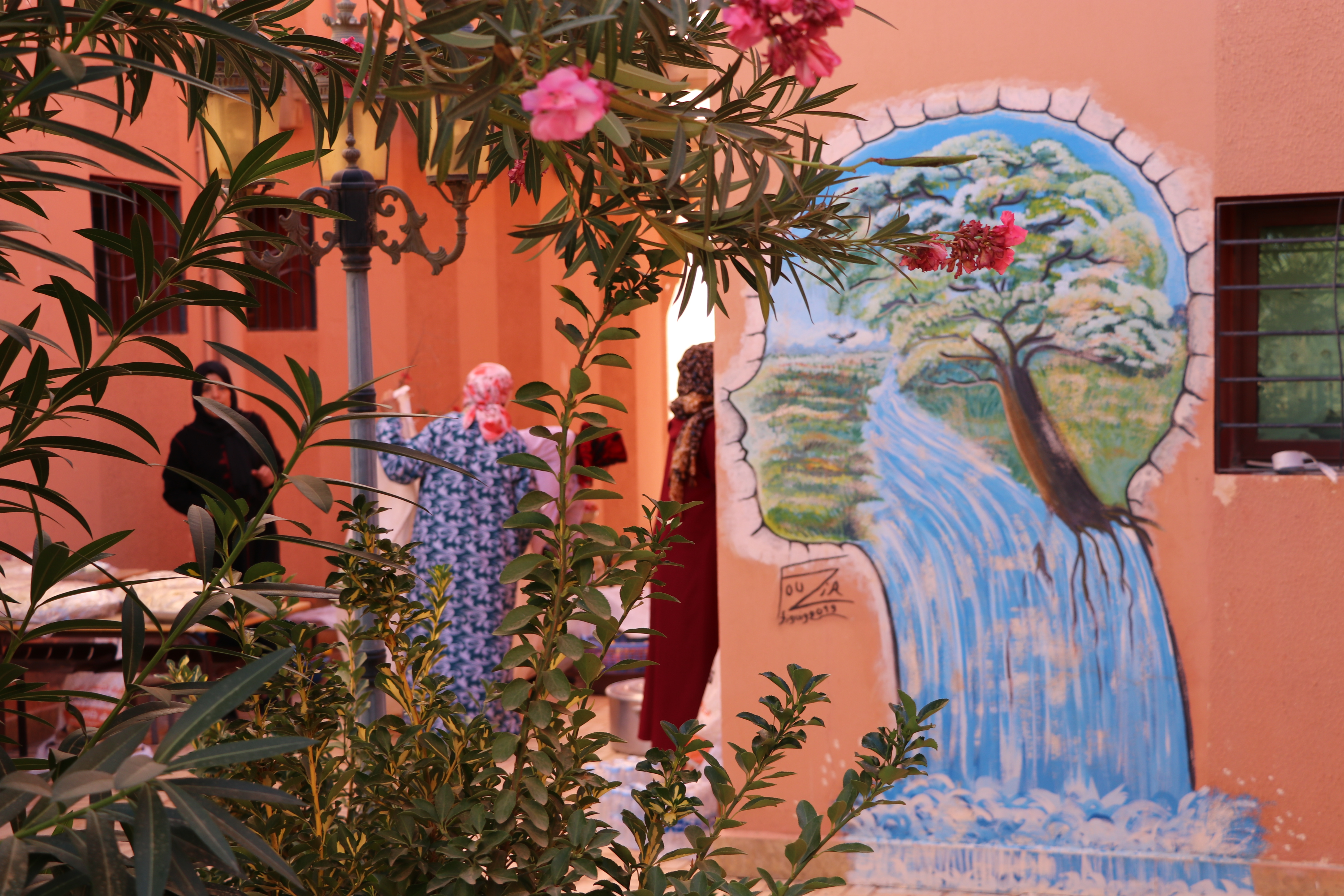
This report explores women’s roles and vulnerabilities in urban water governance in Kairouan (Tunisia), Sebkha (Mauritania), and Figuig (Morocco). It highlights the pilot projects implemented by Cities Alliance, to provide gender-inclusive solutions and empower women in water management.
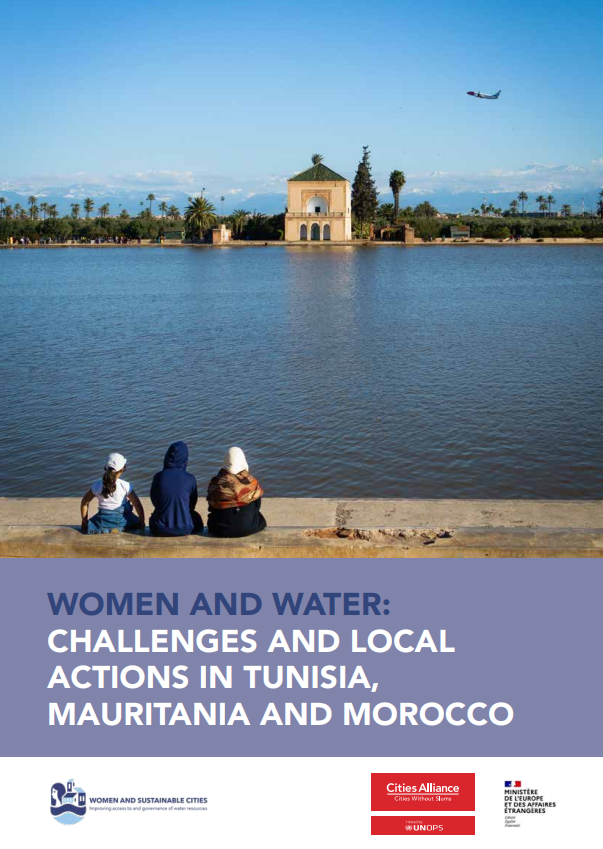
The Women and Sustainable Cities programme in Tunisia, Mauritania, and Morocco, addresses gender barriers in urban water governance through community-driven solutions.
Partnering with local civil society organizations—Lam Echaml in Kairouan (Tunisia), Serv’Eau in Sebkha (Mauritania), and Annahda and the Forum de Développement Durable des Femmes in Figuig (Morocco)—the initiative funded by the French Ministry of Europe and Foreign Affairs, engaged communities through participatory tools such as Her4Water. This approach gathered gender-disaggregated data on water accessibility, governance, and infrastructure, addressing women’s unique challenges and fostering inclusive urban water solutions.
Key outcomes
In Kairouan, the underutilized historic rainwater cisterns, or majels, hold untapped potential for water harvesting. While women increasingly wish to adopt these systems, maintenance challenges hinder their use. The programme rehabilitated the Jardin Municipal public garden, incorporating an underground cistern as a collective majel. Women now receive training to maintain private majels and practice sustainable water management, strengthening community access to water and ecological resilience.
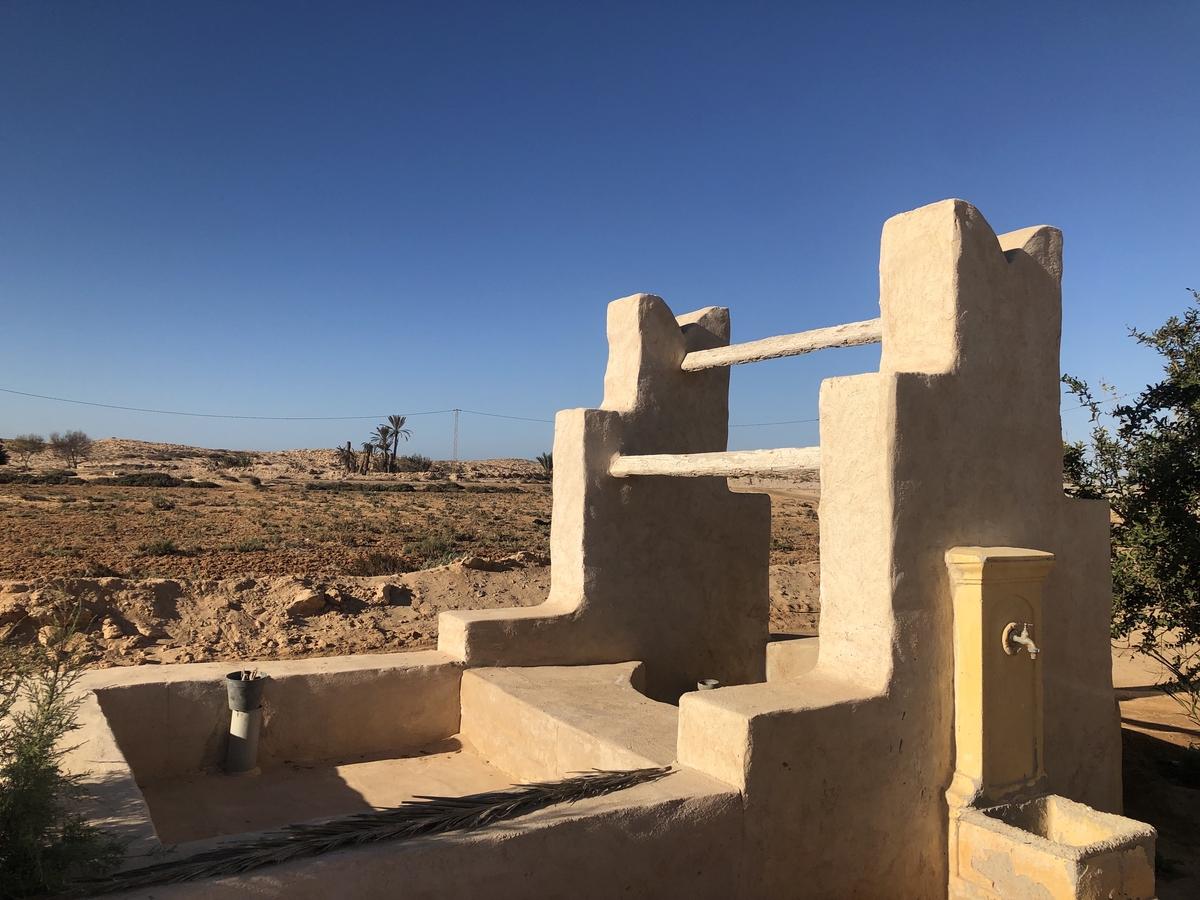
In Sebkha, where over 75 per cent of the population relies on unsafe water kiosks and carters managed exclusively by men, women face exclusion from public water management and economic opportunities. The programme is addressing this by building the city’s first women-co-managed public water kiosk in partnership with the municipality. Equipped with solar lighting and designed for safety, this space ensures clean water access while creating inclusive economic opportunities for women in a flood-prone area.
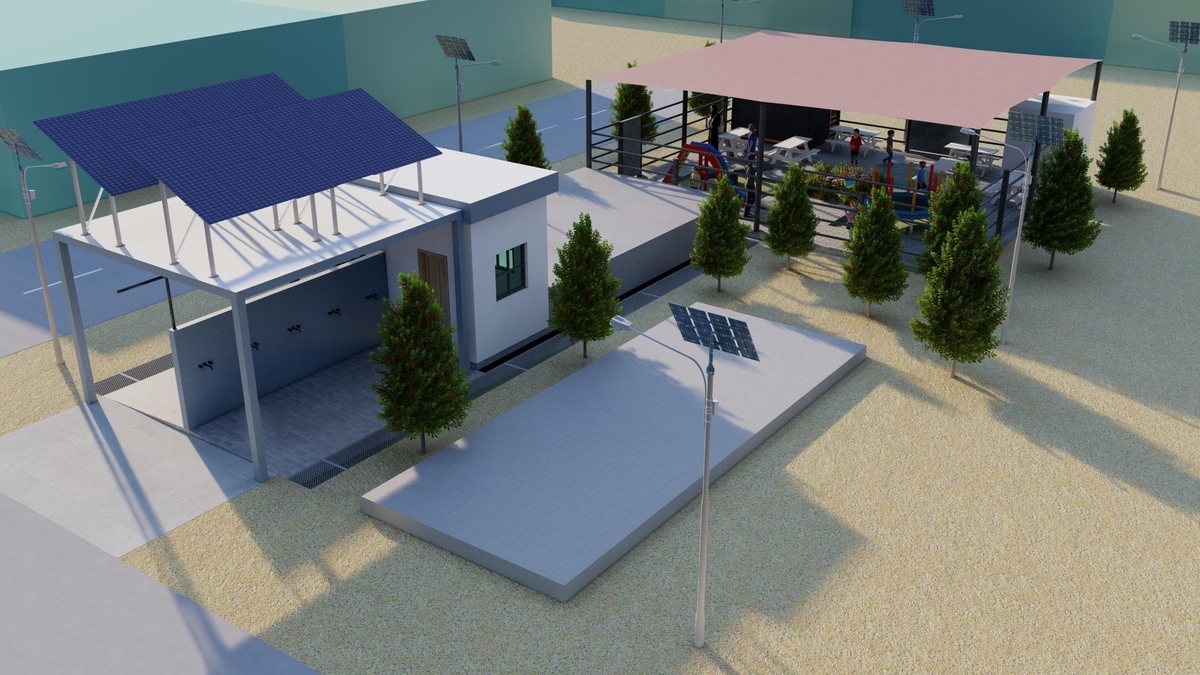
In Figuig, women actively use and manage water for domestic and agricultural purposes but remain excluded from decision-making in oasis water governance. The programme empowers women through leadership, mentorship, and capacity-building initiatives, enabling their participation in governance roles. Renovated washhouses now meet women’s needs for inclusivity, accessibility, and hygiene, while newly formed women’s committees ensure active involvement in their maintenance and management.


Through the Women and Sustainable Cities programme, Cities Alliance advocates for the inclusion of women in urban water governance.
The programme supports the creation of women-managed water access points and conservation systems, alongside leadership training for women in water governance.
By revitalizing public spaces and community facilities, the initiative ensures that urban water resources are managed in an inclusive and sustainable manner, benefiting the entire community.

